|
Getting your Trinity Audio player ready...
|
As artificial intelligence continues to transform global education, experts caution that African universities risk being left behind unless they establish clear, forward-thinking policies and practical strategies to integrate this rapidly advancing technology. While institutions in the United States and parts of South Africa are making significant progress, many across the continent remain largely unprepared for an AI-driven future of teaching, research, and learning.
Growing AI Use Highlights Policy Gap
The increasing use of generative AI tools such as ChatGPT and others by students and faculty is forcing higher education institutions around the world to rethink their approaches to teaching, assessments, and research. In a recent publication on ACM Digital Library, leading African academics and AI researchers raised concerns that many African universities lack formal policies to guide this transition.
A survey conducted in late 2023 found that nearly 70% of universities in the United States had implemented written policies on the use of generative AI in classrooms. In contrast, African universities, with few exceptions, are yet to adopt similar frameworks. Only a handful of institutions, particularly in South Africa, have taken proactive steps.

“African universities need robust guidelines that balance technological advances with traditional teaching methods,” stated a research paper published last month, echoing the sentiments of scholars across the continent.
Financial Constraints and Technological Lag
One of the major hurdles African universities face is financial limitation. With many institutions struggling to meet basic infrastructure and staffing needs, investment in new technologies and policy development often takes a back seat.
Caroline Wandiri Mwea, a researcher at Kenyatta University in Nairobi, noted that while interest in AI is growing, implementation remains slow due to these financial challenges.
“What will matter in the job market is how fast we embrace new technologies to our benefit,” Mwea said. “Our graduates must be prepared for workplaces where AI is the norm, not the exception.”
The South African Exception
Some South African universities are emerging as early adopters of AI integration in academia. These institutions are working to develop not just policy documents, but also training modules and AI literacy programs for faculty and students alike. Their approach may serve as a model for others across the continent.
Dr. Sipho Mahlangu, a digital education expert based in Johannesburg, believes this is a critical moment for higher education leaders.
“We’re at a tipping point. If our universities don’t act now, they risk becoming obsolete in the global academic landscape,” he warned.
The Need for a Unified Response
Experts are calling for a coordinated, continent-wide approach to developing AI education policies. Beyond individual university efforts, pan-African collaboration could help pool resources, share best practices, and ensure no country is left behind.
Digital transformation advocates suggest that African Union education bodies and regional academic associations play a stronger role in guiding AI adoption and policy-making.
“AI isn’t a luxury. It’s a necessity,” said Ghanaian AI researcher Dr. Abena Owusu. “We must act urgently, or risk creating an even wider digital divide between African institutions and the rest of the world.”
The pressure is mounting for African universities to respond to the AI wave. As the technology continues to evolve, the stakes are higher than ever not just for educational quality, but for economic competitiveness and future workforce readiness.
While the journey may be long and filled with challenges, experts say the first step is clear: adopt AI policies, invest in infrastructure, and train educators to navigate this new terrain.
Failure to act now could mean African students are left behind in the global knowledge economy.
Read more: Trump Administration Unveils Controversial AI Action Plan to Cement U.S. Global Leadership



